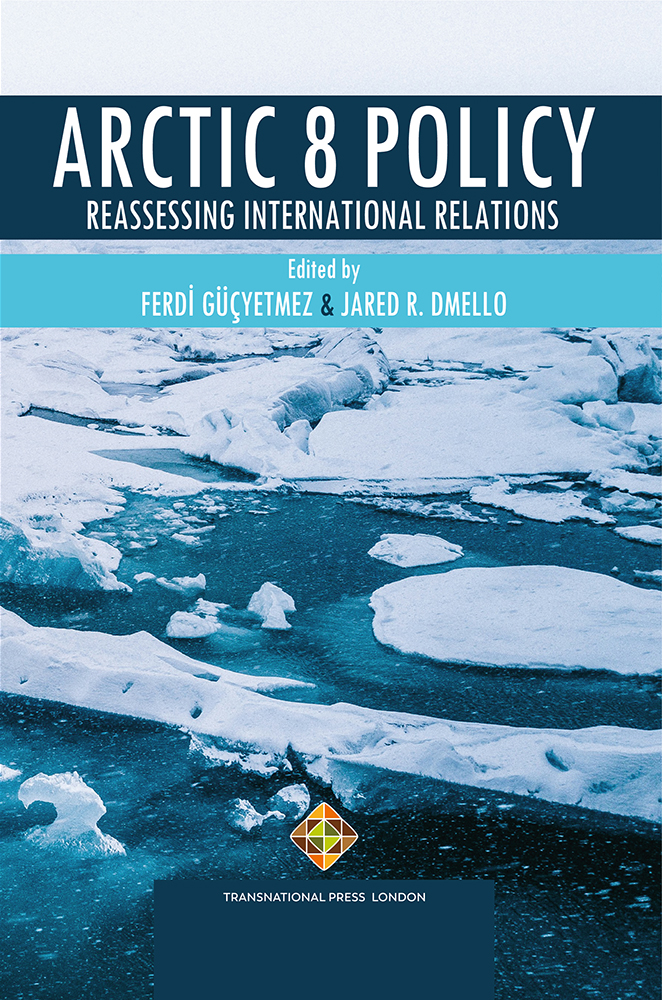The Canadıan Perspective on International Relatıons Inside The Circumpolar North
The Canadıan Perspective on International Relatıons Inside The Circumpolar North
Author(s): Jackson Walling
Subject(s): Energy and Environmental Studies
Published by: Transnational Press London
Keywords: Canadıan; Perspective; International; Relatıons; Circumpolar; North;
Summary/Abstract: The Canadıan Perspective on International Relatıons Inside The Circumpolar North International relations surrounding the Arctic have evolved as time has progressed, intersecting on a liberal-realist axis. In which the international relations surrounding the Arctic have diverged between a liberalist international zone of peace, and a realist zone of competition and possible conflict. This metamorphosis is reflected within the history surrounding the geopolitical environment of the Arctic. During the Cold War, the Soviet Union and United States imposed a theoretical ‘ice curtain’across the Arctic’s geopolitical landscape, because of the ideological and geo-strategic contest taking place between both states. Nevertheless, after the culmination of the Cold War, Mikael Gorbachev’s 1987 Murmansk speech conceptualized the Arctic as a ‘zone of peace’. Leading to the materialization of Arctic exceptionalism as a narrative that represents the Arctic geopolitical landscape. Asserting that the Arctic is insulated from regular geo-political dynamics; geo-political competition and embodies its own geo-political region. The conclusion of Cold War antagonism, introduced a rapidly transformative time in Arctic politics, converting from militarization and a space of conflict, to one that idealized cooperation amongst states, for the greater good of the environmentally sensitive area. The strategic significance of the Arctic faded, and the possibility of confrontation subsided, with the inauguration of the Arctic Council, which instituted the notion of civility within the region as a whole. Arguably, this affability was ingrained into the Arctic geo-political landscape, but good things don’t last forever. This reputation of being sheltered from broader international relations ended since the Russian invasion of Ukraine in winter of 2022. The Arctic in the contemporary world is now reverting to an area where conflict and competition trumps cooperative and collective gains. The drastic effects of climate change and states seeing the Arctic as an area of self-interest has re-emerged in the contemporary landscape, due to the proposition of economic opportunities.
Book: Arctic 8 Policy: Reassessing International Relations
- Page Range: 131-154
- Page Count: 24
- Publication Year: 2024
- Language: English
- Content File-PDF

